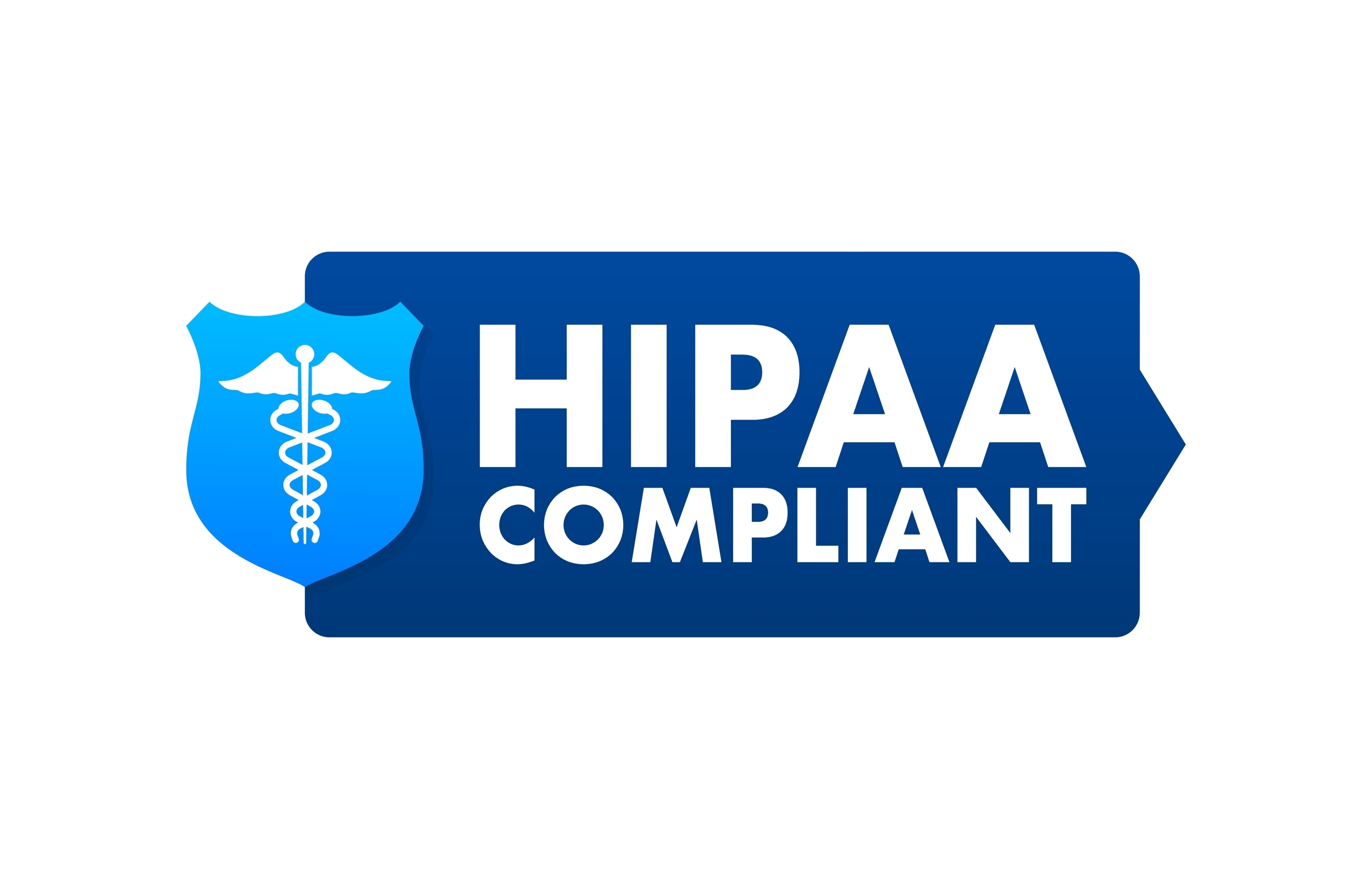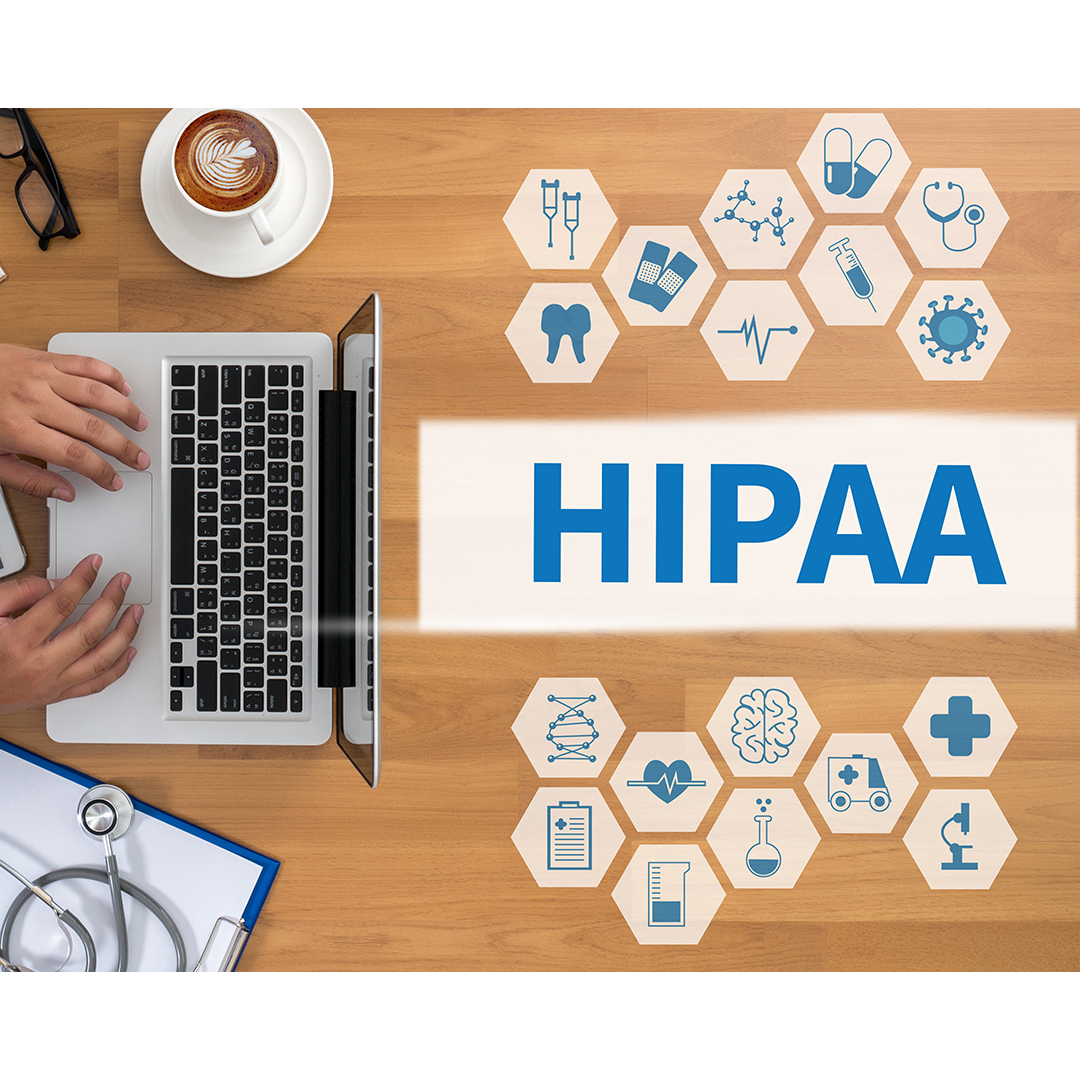The Need for Fairness in Healthcare
In a perfect world, healthcare access and provision would be fair for all people, regardless of ethnicity, race, religion, gender, socioeconomic status, geographic location, language, age, disability, and other variables. Unfortunately, this is not always the case. To help address disparities in healthcare and improve patient outcomes, here is some guidance for practicing patient-centered and culturally competent healthcare.
Practicing Culturally Competent Healthcare
Feb 6, 2025 1:48:52 PM / by OUM Risk Management Specialist posted in Practice Management
Chiropractic Care and Cardiovascular Disease – A Risk Management Perspective
Jan 22, 2025 1:55:37 PM / by OUM Risk Management Specialist posted in Risk Management
According to the U.S. Centers for Disease Control and Prevention (CDC), cardiovascular disease is the leading cause of death for men, women, and people of most racial and ethnic groups in the United States. Traditional treatment for cardiovascular disease often involves dietary and lifestyle changes, medication, or invasive procedures.
HIPAA Reminders for 2025: Cybersecurity & Reproductive Health Privacy
Jan 7, 2025 11:44:20 AM / by OUM Risk Management Specialist posted in Compliance
Measures to Strengthen Cybersecurity in Healthcare under HIPAA
Solo Dental Practice Hit with $70,000 Penalty for Violation of the HIPAA Right of Access Rule
Dec 4, 2024 1:01:24 PM / by OUM Risk Management Specialist
You might be wondering what a dental practice has to do with chiropractic medicine. Well, unfortunately, your chiropractic practice could be just as vulnerable to a HIPAA violation as any other healthcare practice. This recent case illustrates the devastating repercussions of failing to comply with the HIPAA Right of Access Rules. Read below to find out how this happened.
Artificial Intelligence & Medical Documentation
Sep 16, 2024 2:09:26 PM / by OUM Risk Management Specialist posted in Risk Management
Artificial intelligence (AI) is generally defined as computer systems that can perform complex tasks that previously only a human could do, such as reasoning, decision-making, or problem-solving. AI is rapidly being integrated into our world, including healthcare. Proponents of the use of AI in healthcare believe it has the potential to make healthcare more efficient, less expensive, more accessible, and safer for patients.
AI Software for Medical Documentation
One of the more common uses of AI in physician offices is software for medical record documentation. This AI software is being marketed as a tool to make documentation more accurate and less burdensome. AI medical documentation tools work by using advanced algorithms and machine learning techniques to analyze and interpret large amounts of data related to healthcare, including patient records, lab results, and clinical notes. A key component of these tools is natural language processing (NLP), which allows the AI to understand and generate human-like language.
Training Your Staff to Optimize Patient Care & Office Efficiency
Aug 13, 2024 10:13:31 AM / by OUM Risk Management Specialist posted in Practice Management
You may have staffed your practice with well-qualified people, but now they need proper training to understand your practice and its culture, their role within your practice, your policies and procedures, patient population, state and federal requirements such as HIPAA and OSHA, and other office practices. (If you need help with hiring, read our blog article, “Hiring the Best Staff for Your Practice”!)
What is Considered a Claim?
Aug 12, 2024 12:39:55 PM / by OUM Risk Management Specialist posted in Coverage, Claims
Most practitioners are highly aware of the importance of maintaining medical malpractice insurance coverage to protect themselves financially in the event of a malpractice claim. However, practitioners are less aware of the administrative claims they could face.
Hiring the Best Staff for Your Practice
Jul 11, 2024 9:38:30 AM / by OUM Risk Management Specialist posted in Practice Management
To provide the best care for your patients and run an office practice, you need help. You need a staff that reflects your values, fits in with your office culture, increases the efficiency of your practice, and helps maintain a positive working environment.
Therefore, it is crucial to hire staff that are well qualified for their respective positions, can work effectively as part of a team, and adapt to the dynamic nature of a chiropractic medical office. They must be able to effectively communicate with patients, families, other members of your healthcare team, other healthcare professionals, and foster relationships with all these various parties. Staff members should be customer service-oriented, dependable, friendly, compassionate, flexible, able to manage conflicts, willing to learn, and deeply committed to patient privacy.
Risk Management for Medical Emergencies in the Office Setting
May 31, 2024 4:44:50 PM / by OUM Risk Management Specialist posted in Risk Management, Practice Management
A patient suffers cardiac arrest while waiting in the exam room. An elderly visitor falls in the waiting room, is complaining of leg pain and is unable to get up. A diabetic staff member passes out from hypoglycemia. These are just a few examples of unexpected medical emergencies that could happen in a medical office.
What To Know about Malpractice Coverage When Joining a Group Practice
May 9, 2024 2:23:57 PM / by OUM Risk Management Specialist posted in Coverage
Deciding to go from a private practice to a group practice is a significant step in a chiropractor’s career. It's a decision laden with considerations, from professional growth opportunities to financial implications, and of course, your malpractice coverage. Here are some key points to consider from a professional liability insurance standpoint if you are planning to join a group practice.










